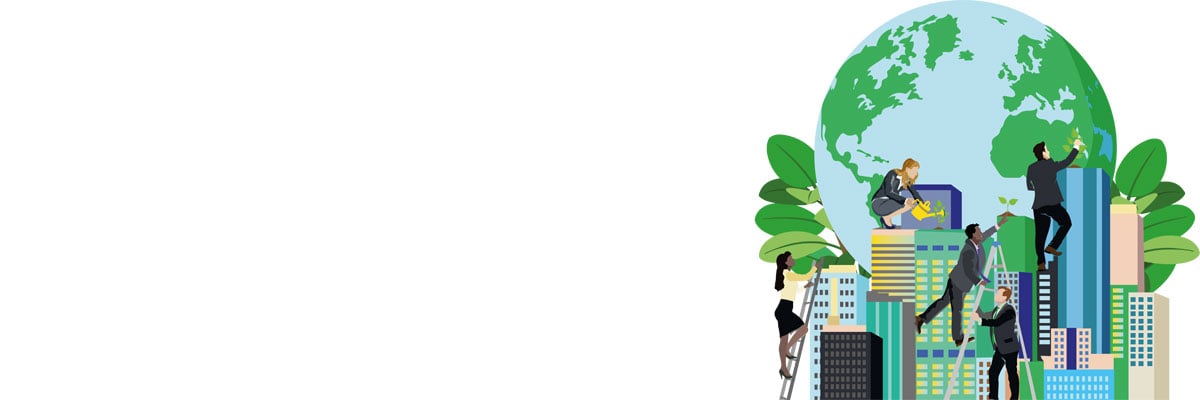
I work at Greenpeace International, which is the international governing body for the global Greenpeace network. Greenpeace has offices in over 55 countries, which are run by 26 completely independent national or regional organisations. Here at Greenpeace International, we don’t have a say over what they do, but we collaborate intensively and offer strategic support to those national offices.
Through our own expertise and through our networks we are able to identify strategic litigation opportunities that are supportive of and in line with campaign priorities on climate and biodiversity, and then we offer them to the campaign. Whether the campaign considers it the best tool for that particular project is up to them. Similarly, decisions on whether to engage in peaceful protest in the context of a campaign is up to the leadership in that campaign – it’s not up to us lawyers. We don’t decide, we advise.
When it comes to challenges, I think it’s important to flag the issue of civic space. That’s top of our agenda. In many countries, civil society is facing increasing civic space constraints, hampering the ability to operate to address issues of public concern. Many of our offices by their nature address issues of public concern and speak truth to power, and that often leads to very strong pushback that impacts their freedom of association, their right to peaceful assembly and free speech. So building the resilience of our national offices is key.
We have experts on free speech, assembly and association. I have two people within my team who do libel review and we also have experts on Law of the Sea, on international environmental law and on international criminal law, but also, since we are a Dutch-based foundation, on anything that has to do with the Dutch legal surroundings.
But, more importantly, I think it’s about having the right mindset. You have to have an international mindset, be culturally sensitive. We’re non-competitive. We’re all in it for the greater good, so whether it’s within the team or in relation to other civil society partners and academia, we collaborate as freely as possible. We share as much as possible. I’m also looking for independent spirits. People in my team like to work independently and we have little tolerance for red tape.
In campaigning on issues of public concern and environmental issues, with all the information that you have to digest, it’s sometimes difficult to keep good spirits up. We have a professional duty to be hopeful. If you’re no longer able to be hopeful in your day-to-day efforts I would respect that, because it is challenging, but then that means you would fall short of your professional duty. Fortunately, we have a very good team spirit, and that allows us to keep a healthy work-life balance and to remain hopeful. Ultimately, what energises us all immensely is seeing we can make a difference.
